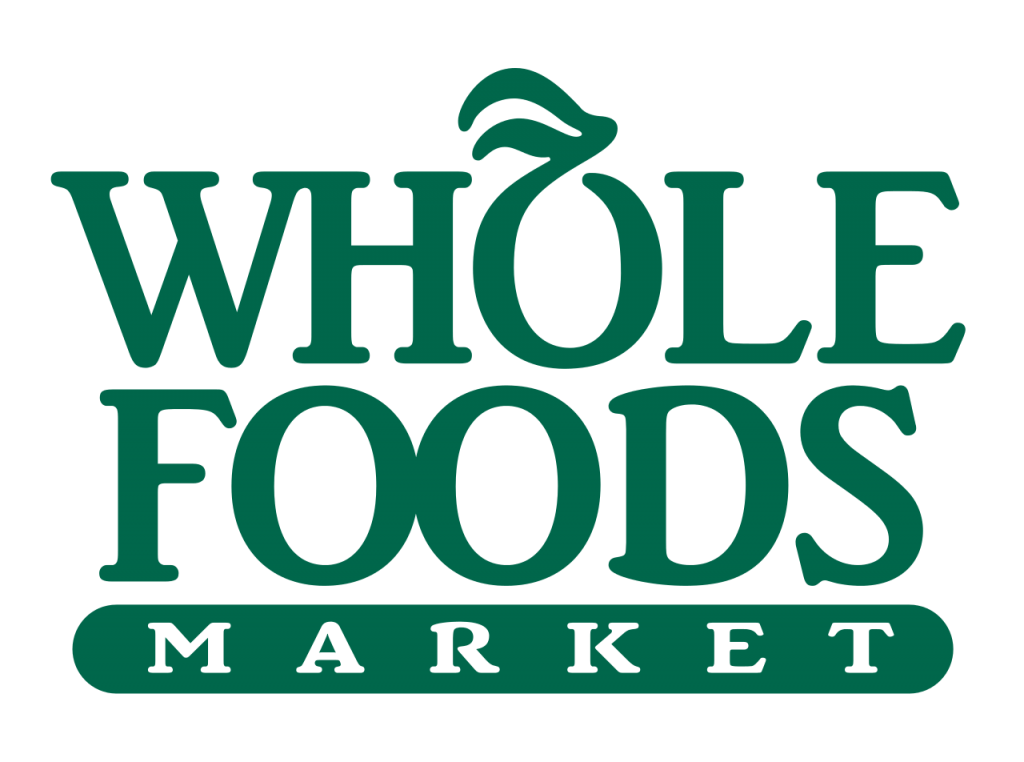For some time, food chain Whole Foods Market and organic farmers have had a cooperative, mutual relationship. The retail grocer has enabled organic farmers to gain a sizable foothold in the food market at a time when Americans’ passion for healthier alternatives to the GMO-laden, processed foods market is rising.
As The New York Times reported, Whole Foods’ stores were more like “showcases” for organic products – fruits, vegetables and flowers that are labeled with the names of the farmers who grow them.
However, this mutually beneficial relationship is beginning to fade, thanks in large part to changes by Whole Foods as it faces new competition from other mainstream grocer chains and organic farmers are able to find additional markets for their produce.
Increasingly, organic farmers are alleging that the Whole Foods brand is using its rather formidable marketing skills behind the scenes, along with its credibility among many consumers, to send the message that conventionally grown produce is just as good as — or better than — organically grown products also featured in stores. Shoppers are being given the option of choosing fruits and vegetables that carry the designations “good,” “better” or “best.”
Competition causing Whole Foods to lower organic standards?
Longtime Whole Foods suppliers are complaining that the program, which is called Reponsibly Grown, can give a farmer who does not meet stringent requirements for federal organic certification the same rating as true organic farmers.
As the Times further reported:
Conventional growers can receive higher rankings than organic farmers by doing things like establishing a garbage recycling program, relying more on alternative energy sources, eliminating some pesticides and setting aside a portion of fields as a conservation area.

